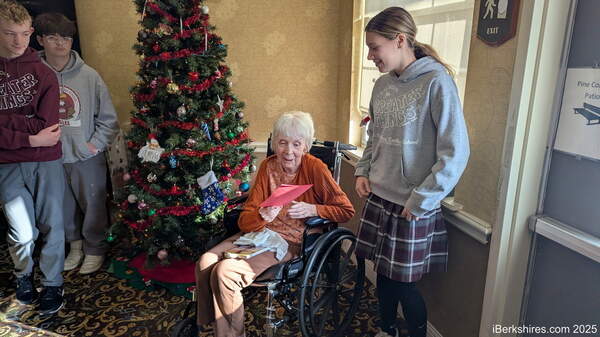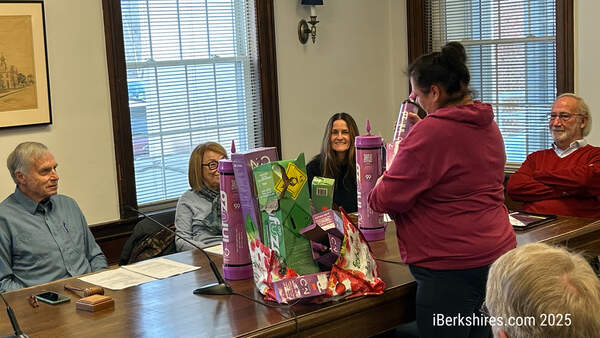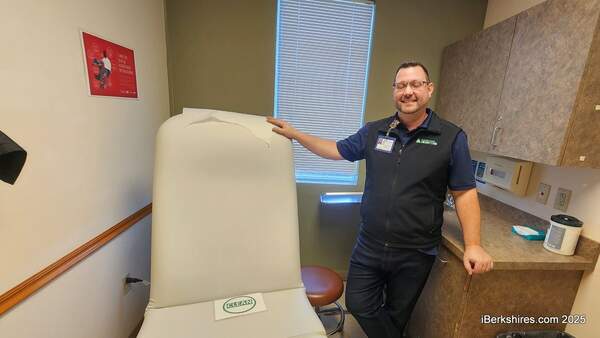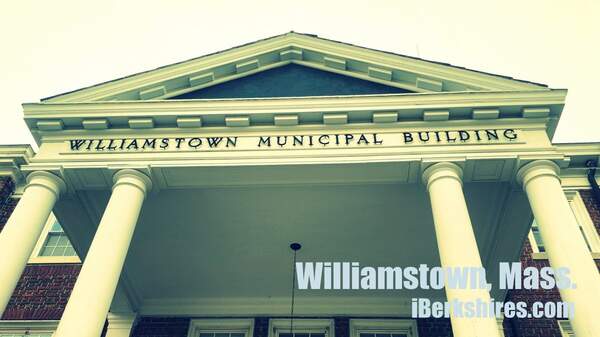Williams College Announces Tenure for Eight Faculty Members
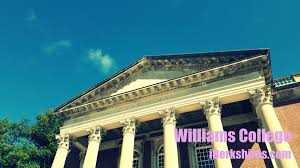 |
WILLIAMSTOWN, Mass. — The Board of Trustees of Williams College voted to promote eight faculty to the position of associate professor with tenure.
Promotions will take effect July 1, 2021, for Jeremy Cone, psychology; Christine DeLucia, history; Matthew Gibson, economics; Lama Nassif, comparative literature; Christina Simko, sociology; Owen Thompson, economics; Emily Vasiliauskas, English; and Zachary Wadsworth, music.
Jeremy Cone, psychology
Cone is a social psychologist whose research explores how attitudes are formed unconsciously. His research has demonstrated that these implicit evaluations are far less indelible than was once believed, challenging conventional thinking in this field. He has published widely in top journals, such as Proceedings of the National Academy of Science, Psychological Science and the Journal of Personality and Social Psychology, including a number of works co-authored with his students. He has given talks and presentations in the U.S. and abroad, and he was interviewed on NPR's Morning Edition, where he spoke about the nature of gossip and its connection to believability and its role in implicit impression revision. Cone earned his Ph.D. from Cornell University. Before joining the faculty at Williams, he was a post-doctoral associate at Yale University. He currently serves on the Faculty Steering Committee.
Christine DeLucia, history
DeLucia's areas of interest include early American history, Native American and Indigenous Studies, and material culture. Her first book, Memory Lands: King Philip's War and the Place of Violence in the Northeast (Yale University Press, 2018), received the New England American Studies Association's Lois P. Rudnick Book Prize and the Berkshire Conference of Women Historians book award, among others. She has published widely in top journals, including the Journal of American History, William and Mary Quarterly, Early American Studies, Los Angeles Review of Books. She recently held a fellowship at the Newberry Library in Chicago to work on her second book, a study of Native American, African American, and colonial relationships in the Northeast in the period before, during, and after the American Revolution. DeLucia earned her Ph.D. from Yale University. Before coming to Williams, she taught at Mount Holyoke College. At Williams, she has taught the seminars From Wampum to Phillis Wheatley: Communications in Early America and The Afterlives of Objects: Telling American Histories through Material Culture and Museums. She currently serves on the Committee on Diversity and Community.
Matthew Gibson, economics
Gibson's research looks at how people use their time, the use of economic incentives to mitigate air pollution, and the impact of climate change. At Williams since 2015, he teaches courses on econometrics and on various topics in environmental economics, including the economics of climate change. With a Ph.D. from the University of California, San Diego, he was a visiting researcher at the Energy Policy Institute at the University of Chicago, and he is currently a research affiliate at the Institute of Labor Economics. His work has been widely published in journals such as the Review of Economics and Statistics and the Journal of the Association of Environmental and Resource Economists, among others. Gibson has served on various campus committees, including the Campus Environmental Advisory Committee, Women in Economic Research Organizing Committee, and the Advisory Committee on Shareholder Responsibility.
Lama Nassif, comparative literature
Nassif is an applied linguist who specializes in sociolinguistics and language pedagogy. Her research addresses how attention and anxiety play a role in the learning of a second language, specifically Arabic. At Williams since 2016, she teaches Arabic language courses as well as courses on Arabic cinema and media. Before coming to Williams, she taught at Middlebury College and the University of Texas at Austin, where she received her Ph.D. Her research has been published widely in books and journals, including the Journal of Multilingual and Multicultural Development and the Eurasian Journal of Applied Linguistics. A member of the American Association for Applied Linguistics and the Middle East Studies Association, among others, she has participated in numerous panels, workshops, and presentations both in the U.S. and abroad. She has served as a member of the Committee on Diversity and Community.
Christina Simko, sociology
Simko is a sociologist whose interests include cultural, historical, and political sociology, as well as collective memory and social theory. Her debut book, The Politics of Consolation: Memory and the Meaning of September 11 (Oxford University Press, 2015), examines the collective memory of 9/11. The book won an honorable mention for the American Sociological Association's Mary Douglas Prize for Best Book in the Sociology of Culture. She has also published numerous articles in peer-reviewed journals such as Sociological Theory, Society, and Poetics, among others. At Williams since 2015, her courses include Invitation to Sociology, Memory and Forgetting, Social Theory, and Stories We Tell. She currently serves on the college's Faculty Compensation Committee. She earned her Ph.D. from the University of Virginia, where she was a postdoctoral fellow at the university's Institute for Advanced Studies in Culture.
Owen Thompson, economics
Thompson is a labor economist whose research focuses on addressing central questions about poverty, intergenerational inequality, and mobility. With a Ph.D. from the University of Massachusetts, Amherst, he teaches courses on microeconomics, the economics of race, and labor economics and policy. Prior to coming to Williams in 2018, he taught at the University of Wisconsin-Milwaukee. In addition to teaching at Williams, he is also a faculty research fellow at the National Bureau of Economic Research and an affiliate at the University of Wisconsin-Madison's Institute for Research on Poverty. He has served on a number of committees at Williams, and he is currently a member of the Honor and Discipline Committee. His research has been published in numerous journals, including the Journal of Policy Analysis and Management, the Journal of Human Resources, and the Journal of Political Economy, among others.
Emily Vasiliauskas, English
Vasiliauskas teaches courses that range from Shakespeare to the English Renaissance to modern poetry. Her articles and essays have been published in Studies in Philology, Politics and Aesthetics in European Baroque and Classicist Tragedy, Politics and Aesthetics in European Baroque and Classicist Tragedy, and The Cambridge Quarterly. She is currently working on a manuscript titled The Skull in the Mirror: Aesthetics in the Age of Shakespeare, in which she argues that art is a distinctive category of human activity. She earned her Ph.D. from Princeton University and is the recipient of numerous awards and fellowships, including the Herbert H. Lehman Fellowship and the Oakley Center for the Humanities and Social Sciences Fellowship. At Williams since 2015, she has served on the Faculty Steering Committee and is a member of numerous professional organizations.
Zachary Wadsworth, music
Wadsworth is an award-winning composer whose pieces include compositions for large ensembles, solo instruments, and chorus. With a doctorate from Cornell University, he teaches courses on music composition, music theory, music history, and media studies. His work has been reviewed in The New York Times and The Washington Post, among other publications. Before coming to Williams in 2015, he taught at the University of Calgary. In addition to his published and recorded compositions, his work was nominated for a JUNO Award for Album of the Year: Vocal or Choral in 2020 and he won Outstanding Choral Recording for Canada's National Choral Awards in 2018. He has performed at the Lincoln Center, the Kennedy Center, the National Opera Center, Bargemusic, the National Cathedral, and Carnegie Hall. He is currently a composer-in-residence at Chor Leoni (Vancouver, BC, Canada) and the Staunton (Virginia) Music Festival.
Tags: Williams College,

